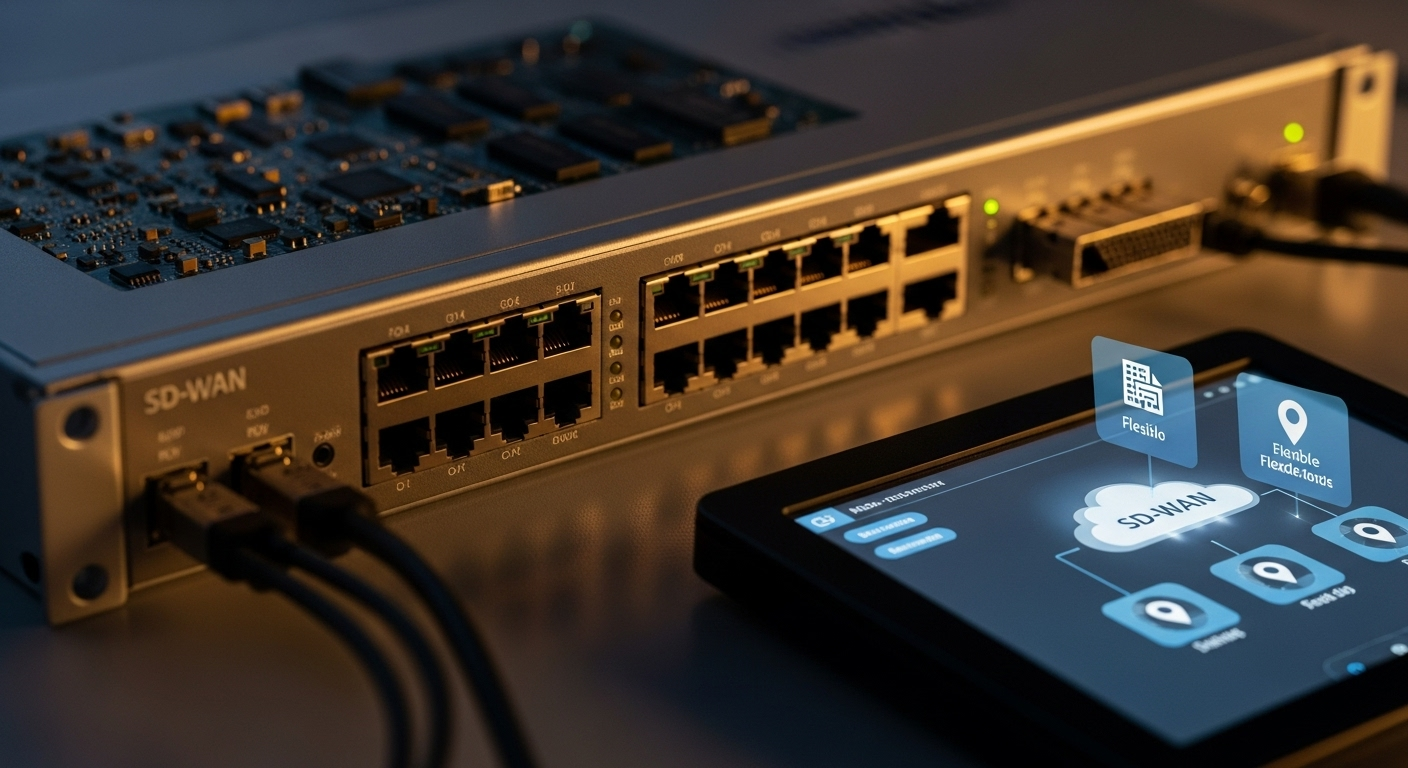The Silent Rebellion: Introverts Reshaping Workplace Dynamics
In a world that often glorifies extroversion, a quiet revolution is underway. Introverts, long misunderstood and undervalued in professional settings, are gradually reshaping workplace dynamics. This shift is challenging traditional notions of leadership, productivity, and success, forcing organizations to reevaluate their approach to talent management and team dynamics. Read below to explore how this silent rebellion is transforming the modern workplace and why it matters for the future of work.

The Misunderstood Introvert
For decades, introversion has been misconstrued as shyness, social awkwardness, or even a flaw to be overcome. This misunderstanding stems from a cultural bias that equates verbal assertiveness with competence and leadership potential. However, research in personality psychology has revealed a more nuanced reality. Introversion is simply a preference for less stimulating environments and a tendency to recharge through solitude rather than social interaction.
Introverts often possess qualities that are invaluable in the workplace, such as deep focus, careful decision-making, and the ability to listen and reflect. These traits, while less immediately visible than the charisma of extroverts, can lead to more thoughtful strategies, innovative solutions, and stable team dynamics.
The Changing Landscape of Work
The rise of remote work, accelerated by the global pandemic, has inadvertently leveled the playing field for introverts. Virtual meetings and digital communication platforms have reduced the pressure of constant face-to-face interaction, allowing introverts to contribute more comfortably and effectively. This shift has highlighted the potential of introvert-friendly work environments to boost overall productivity and employee satisfaction.
Moreover, the increasing complexity of modern business challenges requires diverse thinking styles. The deep, focused work that introverts excel at is becoming increasingly valuable in solving complex problems and driving innovation. Companies are beginning to recognize that a balance of extroverted and introverted approaches leads to more robust and creative solutions.
Leadership Redefined
The traditional image of a leader as a charismatic, outspoken individual is being challenged. Introverted leaders, with their tendency towards careful consideration and empathetic listening, are proving to be equally effective in guiding teams and organizations. Notable introverted leaders like Bill Gates, Mark Zuckerberg, and Marissa Mayer have demonstrated that quiet strength can be just as powerful as extroverted charm.
Research by Adam Grant and colleagues has shown that introverted leaders often excel in managing proactive teams, as they are more likely to listen to and implement the ideas of their team members. This collaborative leadership style can foster a more inclusive and innovative work environment, where diverse voices are heard and valued.
Redesigning Workspaces and Workflows
As awareness of introversion grows, companies are rethinking their physical and operational structures. The one-size-fits-all approach of open-plan offices is giving way to more flexible designs that incorporate quiet spaces for focused work alongside collaborative areas. This hybrid approach acknowledges the diverse needs of employees and allows for a more balanced work environment.
Similarly, meeting structures and communication protocols are being reimagined. The introduction of asynchronous communication tools, the normalization of taking time to reflect before responding, and the option to contribute ideas in writing are all shifts that benefit introverts while also improving overall team communication and decision-making processes.
The Impact on Organizational Culture
The introvert rebellion is not just changing policies and practices; it’s transforming organizational culture at its core. Companies are beginning to value and cultivate a broader range of personality types and working styles. This shift is leading to more inclusive cultures where diversity of thought is not just accepted but actively sought after.
The recognition of introversion as a valuable trait is also influencing hiring and promotion practices. HR professionals are becoming more attuned to the diverse ways in which talent can manifest, looking beyond surface-level charisma to identify the quiet strengths that can drive an organization forward.
Challenges and the Path Forward
While progress is being made, challenges remain. Deeply ingrained biases towards extroversion persist in many organizations, and change can be slow. Introverts still face pressure to conform to extroverted ideals, particularly in industries that traditionally value assertiveness and networking.
The path forward requires ongoing education and advocacy. It involves creating systems that allow both introverts and extroverts to thrive, recognizing that the most effective workplaces harness the strengths of both personality types. This balanced approach not only benefits individuals but also leads to more resilient, innovative, and successful organizations.
As the silent rebellion of introverts continues to gain ground, it promises to create workplaces that are not only more inclusive but also more equipped to tackle the complex challenges of the 21st century. By embracing the power of quiet, organizations can unlock new levels of creativity, productivity, and employee satisfaction, paving the way for a more balanced and effective future of work.






